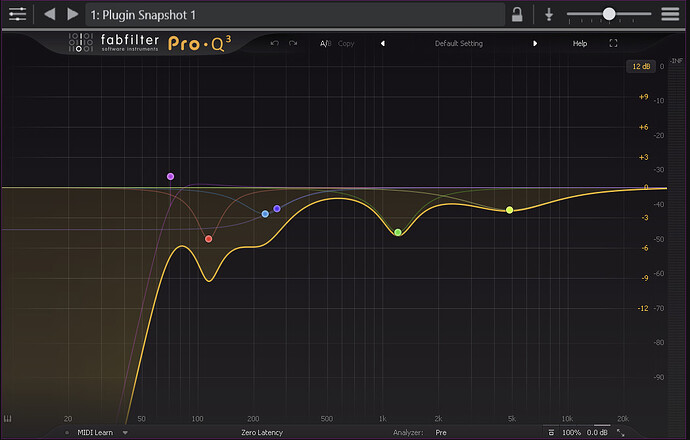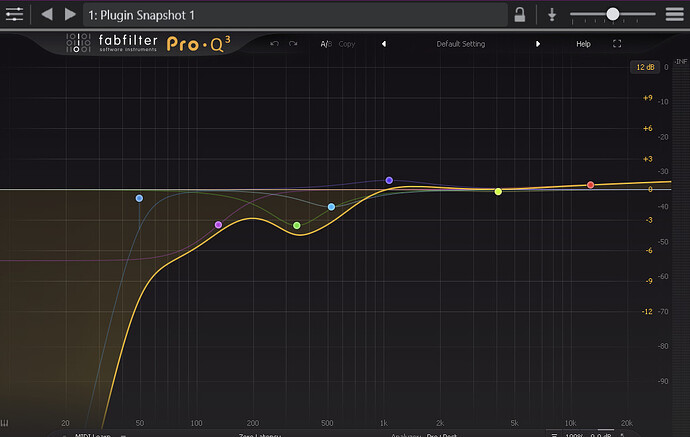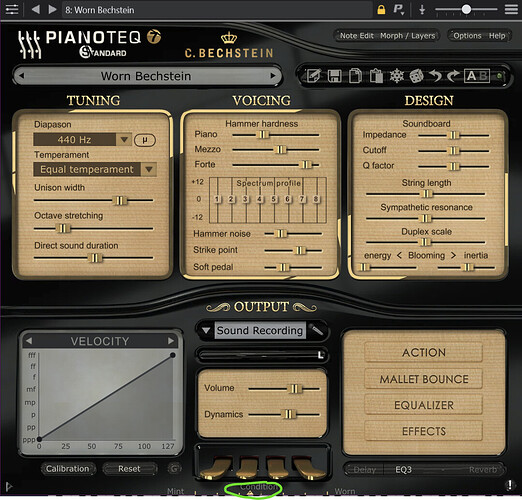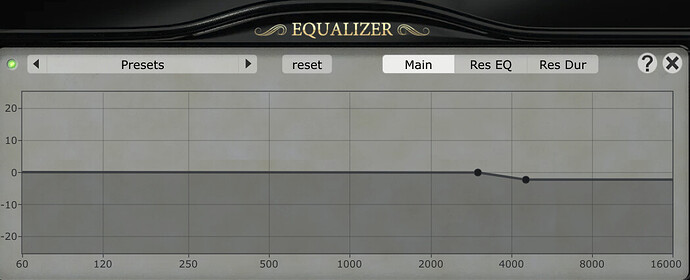I’ve played in live bands over the years and after a pause of a couple, I’m playing with some friends for low-key gatherings- family birthdays, block parties, etc. While we don’t have an awesome sound system, it suffices for vocals and (electric) drums. It produces good sound for many of my keyboard patches such as EPs (ounge lizard), synth leads and pads, and organ (Hammond Xb3). Last night I noticed that my piano sounds were pretty muddy in the mix, not sounding nearly as vibrant as the other sounds I was pumping through the system. This was particularly noticable on Ain’t No Sunshine where the first verse is just piano and vocal. I know some of this is because while the acoustic piano can sound great in headphones, it’s sourced from an acoustic, not electronic sound- i.e., it’s hard to reproduce the original acoustic sound in any electronic setup, but maybe more so because of our less than optimal PA. I’m wondering if others have encountered this. Do you suggest any tweaks such as EQ, particular piano software apps, etc? I use Pianoteq instruments and love the sound for headpones and recording. In a live setting it’s been ok in the past but now I’m not satisfied. I’m also using CFX lite (Yamaha grand) and this does provide a brighter sound than the Pianoteq patches.
One other thing- I also have an option of running my keyboards through a pair of Electro-voice Zx1 speaker rather than the sound system. Haven’t tried that yet.
Thoughts?




